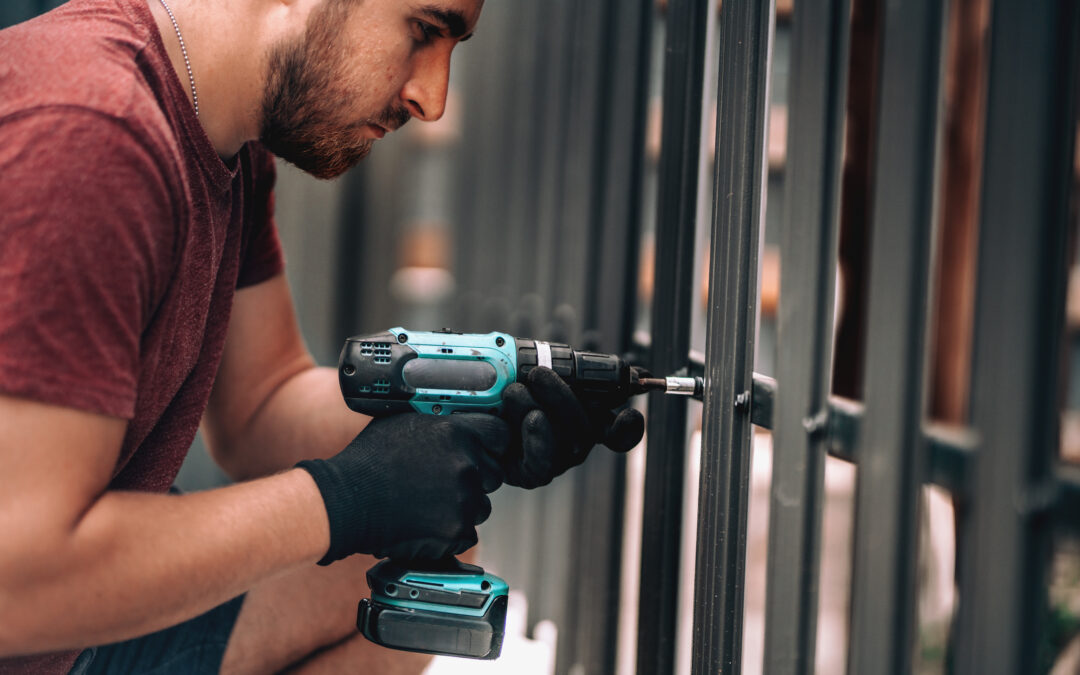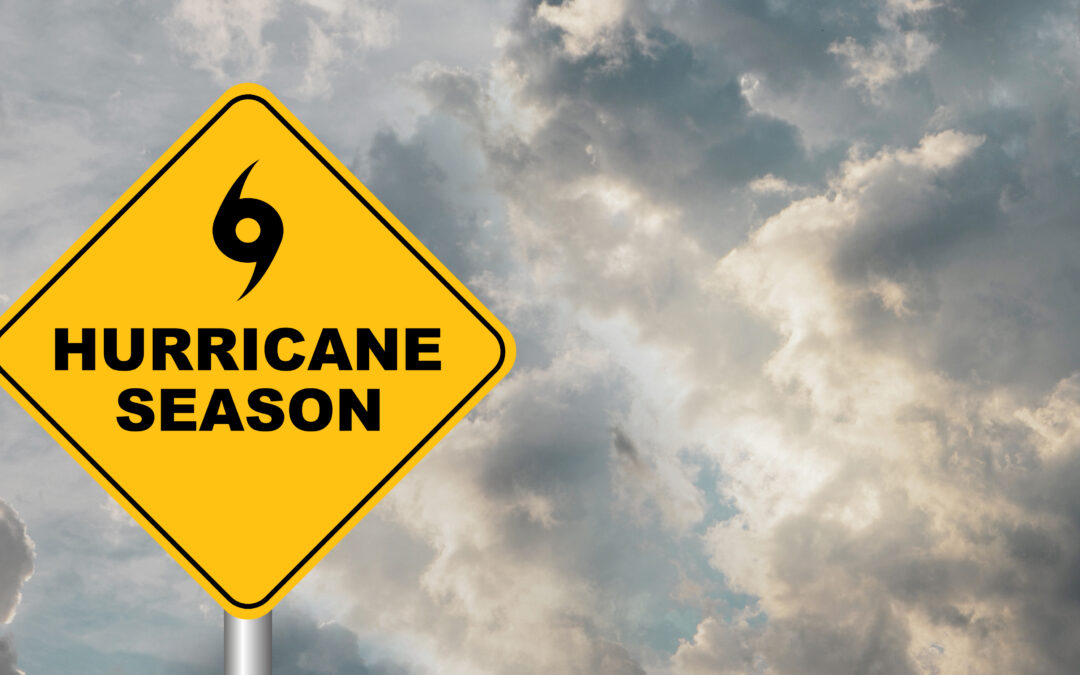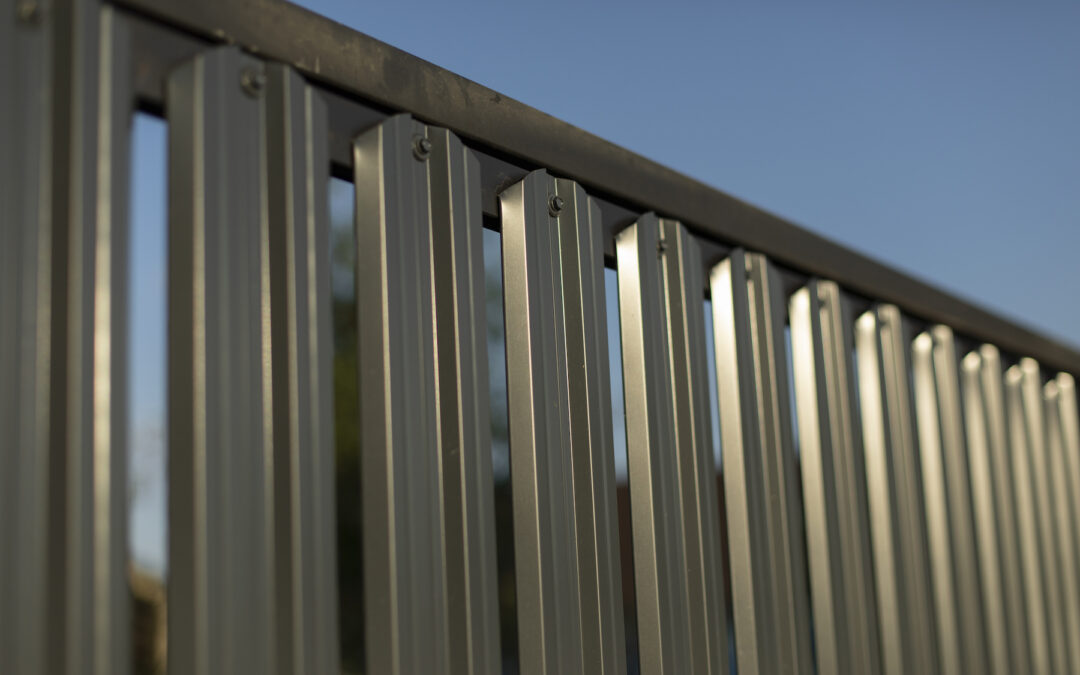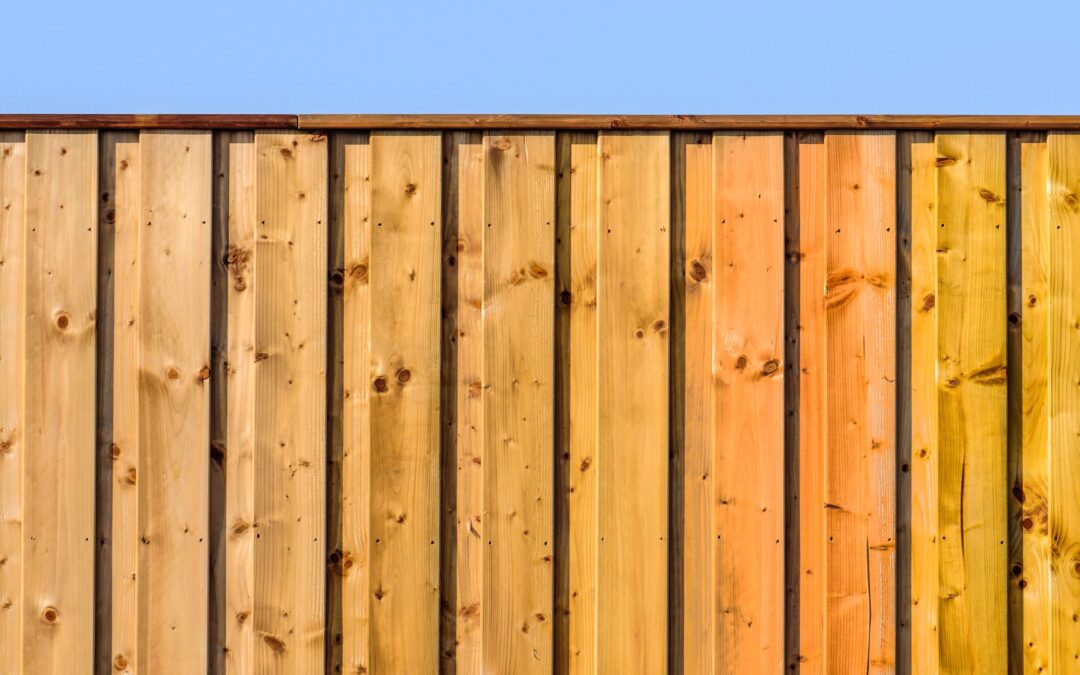Understanding Different Fence Materials for Florida Homes
When selecting a fence for your Florida home, it's essential to understand the various materials available and their suitability for the local climate. Common options include wood, vinyl, aluminum, and chain link, each offering distinct advantages and disadvantages. For instance, vinyl is highly resistant to moisture and UV rays, making it a popular choice in humid environments, while wood can provide a classic aesthetic but may require more maintenance.
In addition to aesthetic preferences, homeowners should consider durability and longevity when choosing a material. For example, aluminum fencing is known for its resistance to rust and corrosion, making it ideal for coastal areas where salt air can deteriorate other materials. Understanding these factors can help homeowners make informed decisions that align with their needs and the specific challenges posed by Florida's climate.
Regulations and Permits for Fence Installation in Florida
Before installing a fence, homeowners in Florida must familiarize themselves with local regulations and permit requirements. Each municipality may have specific zoning laws that dictate fence height, placement, and materials used. Ensuring compliance with these regulations can prevent potential fines and the need for costly modifications after installation.
It's advisable to consult with local authorities or a professional fencing contractor to navigate these regulations effectively. Additionally, some neighborhoods may have homeowners' association (HOA) guidelines that impose further restrictions. Understanding these legal aspects is crucial for a smooth installation process and maintaining good relations with neighbors and local officials.
Benefits of Professional Fence Installation vs. DIY
While the DIY approach to fence installation can be appealing for its cost-saving potential, hiring a professional offers numerous benefits that can outweigh the initial savings. Professionals bring expertise, ensuring that the fence is installed correctly and meets local codes. They also have access to specialized tools and materials that may not be readily available to homeowners.
Additionally, professional installers can provide warranties on their work, giving homeowners peace of mind regarding the durability and longevity of their investment. This can be particularly important in Florida, where extreme weather conditions can challenge the integrity of fences. Weighing these benefits against the DIY approach can help homeowners make a more informed decision regarding their fencing project.
Seasonal Fence Maintenance Tips for Florida Homeowners
Maintaining your fence throughout the year is crucial, especially in Florida's diverse climate. Each season presents unique challenges, from heavy rains in the summer to the intense sun in winter. Regular maintenance tasks, such as cleaning, sealing, and checking for damage, can prolong the life of your fence and keep it looking its best.
For instance, during the rainy season, it's important to inspect for any signs of rot or mold, particularly in wooden fences. In contrast, summer months may require more frequent cleaning to remove dirt and debris that can accumulate. By adapting maintenance practices to seasonal changes, homeowners can ensure their fences remain functional and visually appealing year-round.






